- Opening Hours: 10am to 7pm(Monday-Saturday). Sunday on call appointment
- +91-9958309690, 8586929155 Book Appointment

Hearing loss is a common yet often overlooked health issue that affects millions of people worldwide. It's not just an inconvenience; it can have a significant impact on a person's quality of life, relationships, and overall well-being. While many individuals are aware of their hearing difficulties, others may not even realize they have a problem. That's where you, as a caring friend or family member, can make a difference. In this blog, we will discuss how to spot when your loved one needs a hearing aid and the steps you can take to help them on their journey to better hearing.
One of the first signs that a loved one might be experiencing hearing loss is a change in their behavior. You may observe that they become more withdrawn or socially isolated. They might start avoiding group conversations or turn up the television or radio volume to levels that are uncomfortable for others. These changes in behavior can indicate that they are struggling to hear and participate in everyday life.
If your loved one frequently asks you to repeat yourself or mishears what you say, it could be a sign of hearing loss. They may also respond inappropriately to questions or comments, which can lead to misunderstandings and frustration for both parties.
Hearing loss can be a source of immense frustration. Your loved one may become frustrated during conversations, become irritable, or exhibit signs of stress and fatigue. This frustration may lead to them avoiding social situations and gatherings, further exacerbating their isolation.
Take note of how your loved one interacts in noisy environments. If they struggle to follow conversations in places like restaurants, parties, or family gatherings, it may be a clear indication that they are experiencing hearing difficulties. In such situations, they may nod and smile, pretending to understand what's being said, but in reality, they are missing out on valuable interactions.
When someone starts relying more on lip-reading, facial expressions, or gestures to understand what's being said, it can be a strong indicator of hearing loss. This adaptive behavior often goes unnoticed until it becomes a prominent part of their communication style.
If you suspect that your loved one may have hearing loss, it's essential to encourage them to get a hearing test. Many people are reluctant to acknowledge their hearing difficulties or may not even be aware of them. Reassure them that seeking help is the first step towards improving their quality of life.
Addressing hearing loss can be a sensitive topic, so approach the conversation with empathy and understanding. Let your loved one know that you are there to support them and that there are effective solutions available to help them hear well. Be patient and answer any questions or concerns they may have.
Help your loved one find a reputable hearing healthcare professional, such as an audiologist or an ENT specialist or hearing aid specialist. These experts can conduct comprehensive hearing evaluations, diagnose the extent of their hearing loss, and recommend appropriate treatment options, which may include hearing aids.
Inform your loved one about the benefits of hearing aids. Modern hearing aids are discreet, comfortable, and offer advanced features to improve hearing in various environments. They can significantly enhance their ability to communicate and engage with the world around them.
The process of accepting and adapting to hearing aids can take time. Be patient and offer ongoing support as your loved one adjusts to their new hearing aids. Encourage them to practice using the devices in different settings and situations to maximize their benefits.
In conclusion, spotting when your loved one needs a hearing aid involves paying attention to changes in their behavior, communication difficulties, and signs of frustration. Encourage them to seek a hearing test and offer your support throughout the process. By taking these steps, you can help your loved one regain their hearing and improve their overall quality of life. Remember, better hearing can lead to better living.
 Healthy habits to take care of your voice.
Healthy habits to take care of your voice.
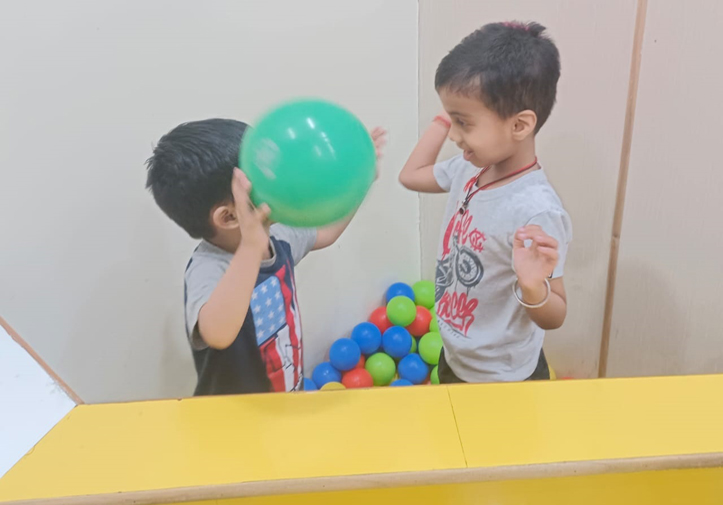 Tips To Follow To Help You Stop Stuttering or Stammering
Tips To Follow To Help You Stop Stuttering or Stammering
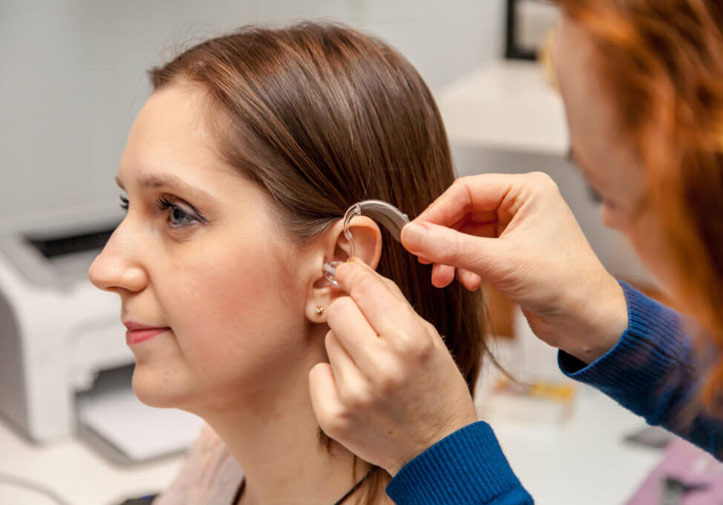 Getting used to new hearing aids
Getting used to new hearing aids
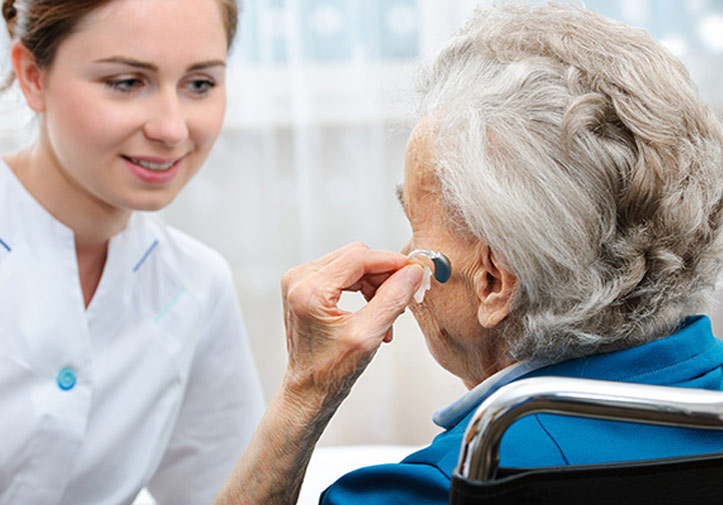 When should we replace your hearing aids?
When should we replace your hearing aids?
 What Are Hearing Aids?
What Are Hearing Aids?
 Know More About Neurological Stroke Language Disorders!
Know More About Neurological Stroke Language Disorders!
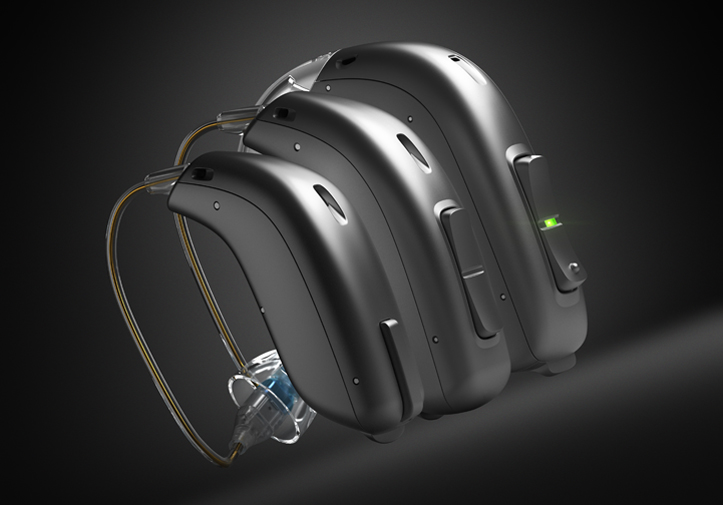 Advanvement of Technology In Digital Hearing Aids!
Advanvement of Technology In Digital Hearing Aids!
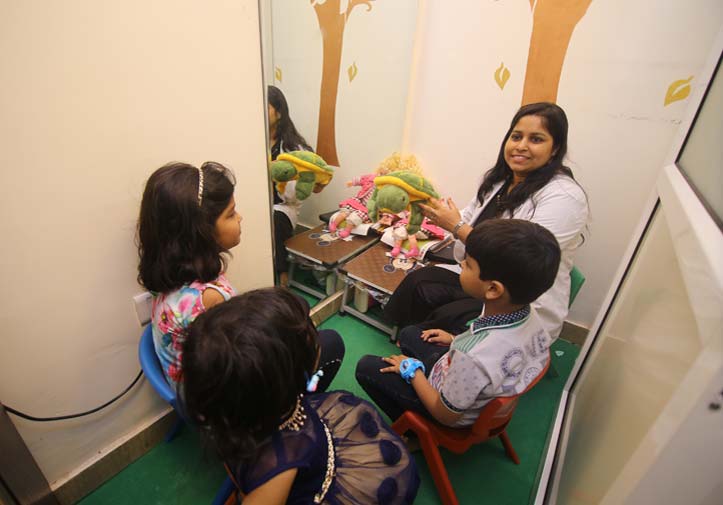 Autistic Children - How Can Speech Therapy Assist?
Autistic Children - How Can Speech Therapy Assist?
 Stammering - Know About Its Cause And Treatment!
Stammering - Know About Its Cause And Treatment!
 How Speech Therapy Can Help Your Child?
How Speech Therapy Can Help Your Child?